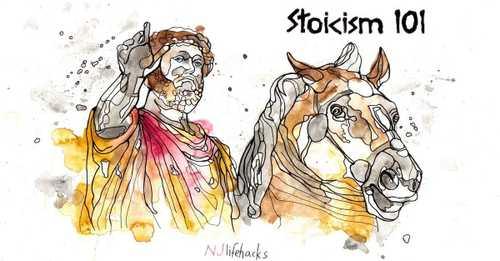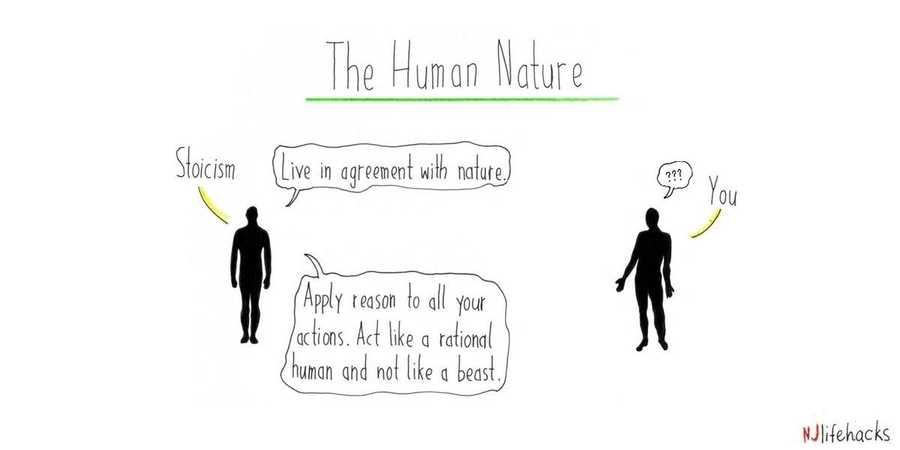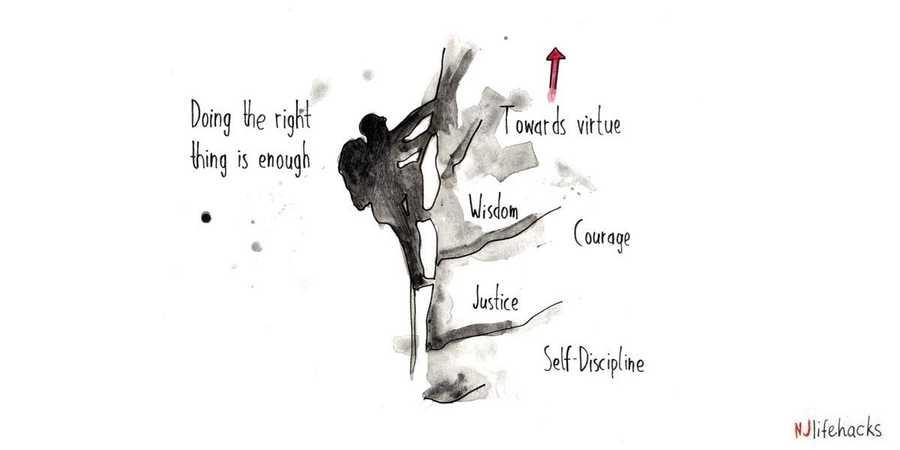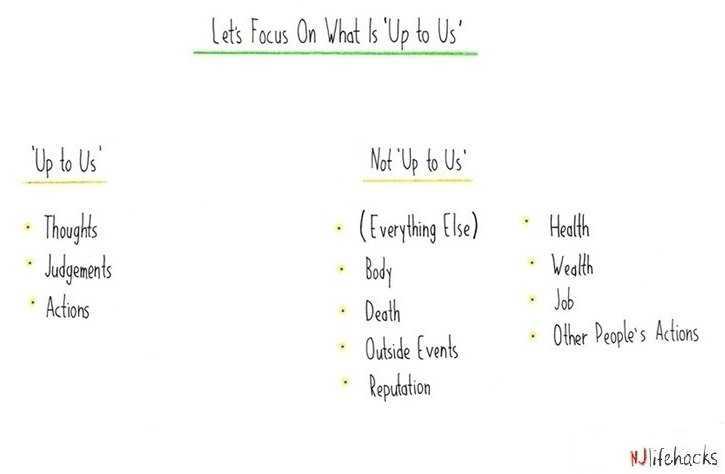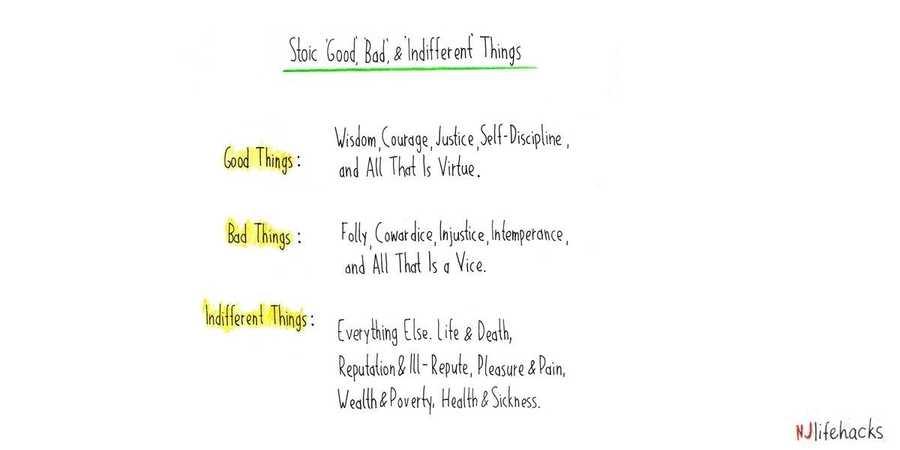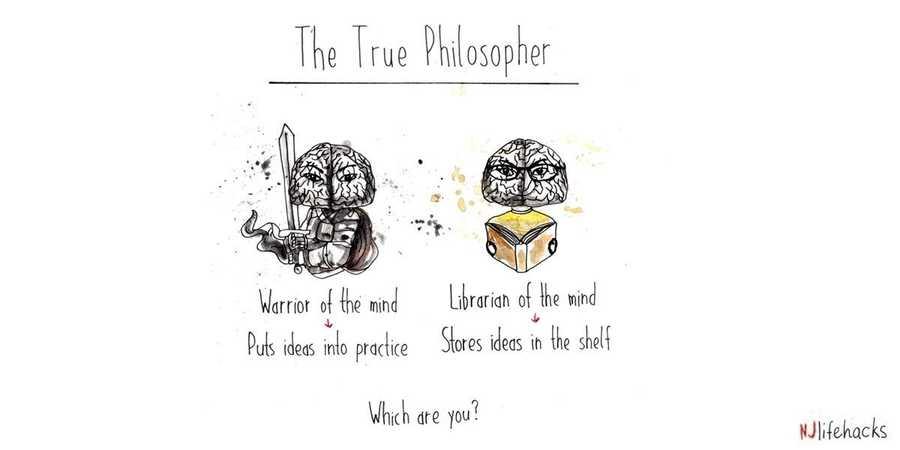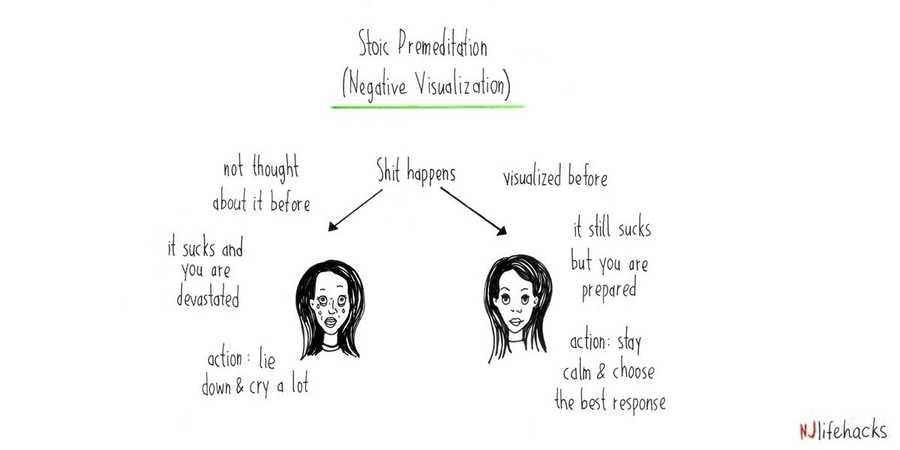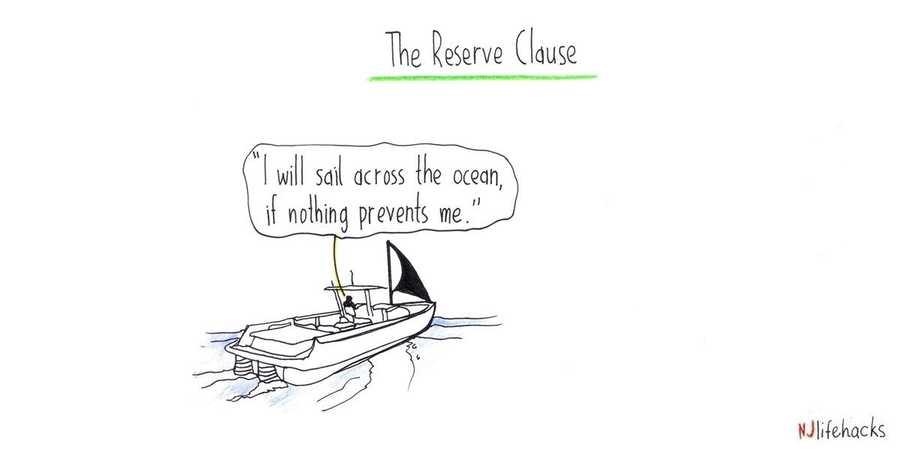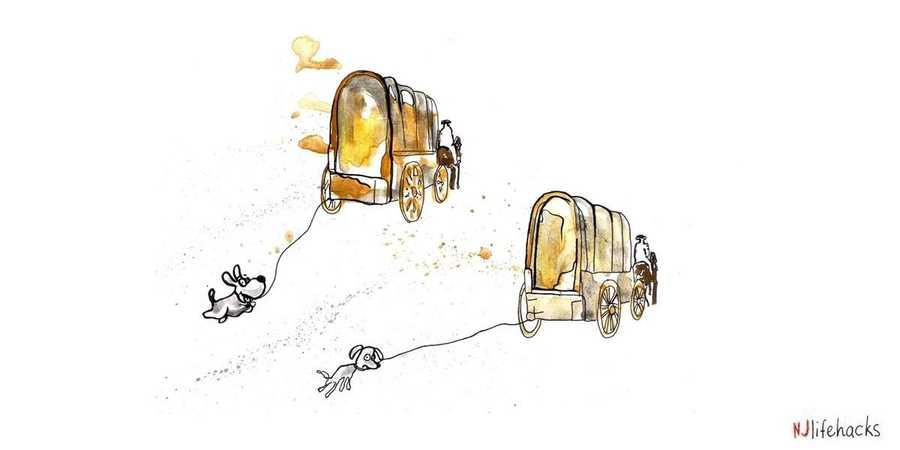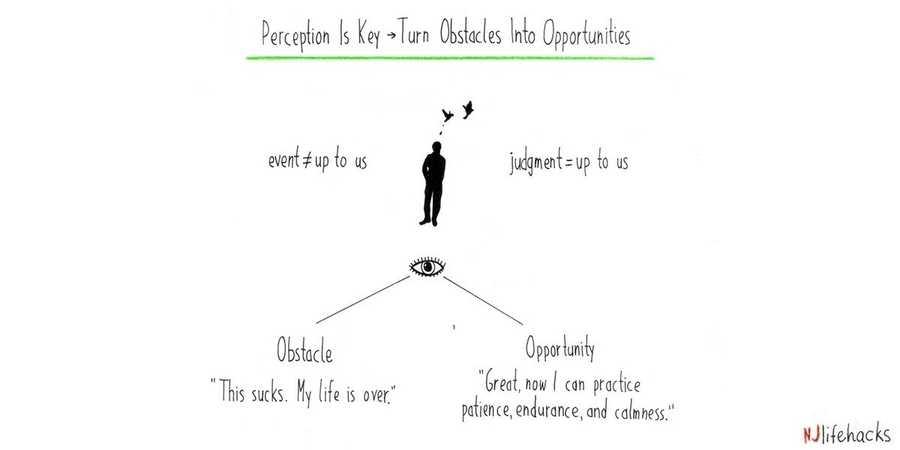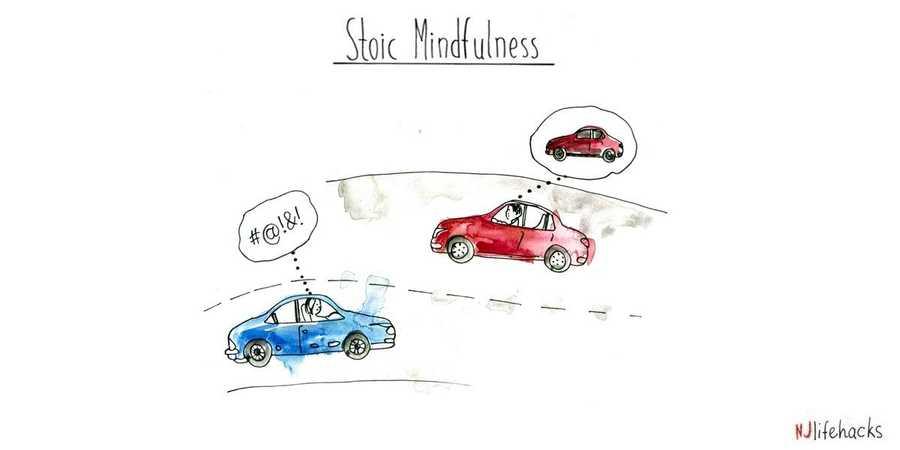Explore the World's Best Ideas
Join today and uncover 100+ curated journeys from 50+ topics. Unlock access to our mobile app with extensive features.
#1 LIVE IN AGREEMENT WITH NATURE – THE STOIC GOAL OF LIFE
‘Living in agreement with nature’ is about behaving rationally like a human instead of randomly (and out of passion) like a beast. In other words, we should always apply our natural ability ‘reason’ in all of our actions. If we apply reason we live in agreement with nature, because we act like humans are meant to act.
1.33K
8.53K reads
#2 LIVE BY VIRTUE – IT IS THE HIGHEST OF ALL GOODS
Always apply reason and try to do the right thing. Act according to the virtues (practical) wisdom, justice, courage, and self-discipline. The results of your virtuous actions are not entirely up to you and therefore should not be the motive for the actions in the first place. Focus on what you can control, which is to act excellently in terms of your character.
1.3K
4.75K reads
#3 FOCUS ON WHAT YOU CAN CONTROL, ACCEPT WHAT YOU CAN’T
The most appealing aspect of Stoicism is that we are responsible for our flourishing because all that truly matters in life is up to us. So the key lesson to take away here is to focus our attention and efforts where we have the most power and then let the universe take care of the rest.
1.37K
4.68K reads
#4 DISTINGUISH BETWEEN GOOD, BAD, AND (‘PREFERRED’) INDIFFERENT THINGS
The good things include the cardinal virtues wisdom, justice, courage, and self-discipline. The bad things include the opposites of these virtues, namely the four vices folly, injustice, cowardice, and indulgence.
Indifferent things include all the rest, but mainly life and death, fame and bad reputation, pleasure and pain, wealth and poverty, and health and sickness. Indifferent things can be summed up as health, wealth, and reputation.
1.25K
3.81K reads
#5 TAKE ACTION – THE TRUE PHILOSOPHER IS A WARRIOR OF THE MIND
For the Stoics it’s not enough to think about how to live one’s own life, but to actually go out in the world and practice its ideas. You must earn the Good Life by taking the right actions.
You should not be satisfied with learning of abstract ideas about how to live one’s life, but you must vigorously apply those ideas. Talk and knowledge are cheap and useless if not applied.
1.3K
3.4K reads
#6 PRACTICE MISFORTUNE – ASK “WHAT COULD GO WRONG?”
Expose yourself to difficult situations through imagination and you’ll be stronger and less vulnerable in real life situations. our anticipation of bad stuff to happen does not magically make everything easy-peasy to endure. But it helps us not to go to pieces when shit happens. We can face adversity much calmer, analyze it rationally, and decide to take smart action.
1.26K
3.27K reads
#7 ADD A RESERVE CLAUSE TO YOUR PLANNED ACTIONS
You have a plan and try everything to achieve your goal, but at the same time you should know that something may intervene and prevent you from achieving your goal. Accept that and adapt your plan to the new circumstances and again try to make the best you can. You can call it "The Process"
1.24K
2.93K reads
#8 AMOR FATI – LOVE EVERYTHING THAT HAPPENS
Let’s say something happened we wish had not. Now, which is easier to change: our opinion or the event itself? The answer is obvious. The event lies in the past and cannot be changed. But our opinion can. We can accept what happened and change our wish that it had not happened. Stoicism calls this the “art of acquiescence” – to accept rather than fight every little thing.
1.33K
2.9K reads
#9 TURN OBSTACLES INTO OPPORTUNITIES – PERCEPTION IS KEY
Our perceptions can be like a lead ball chained to our feet, holding us back and making us weak, or they can be a great source of strength like a magic potion. How we see the world around us, how we interpret what happens to us, makes a massive difference in how we get to live our lives. What we already learned from the Stoics, is, that they see external events not as good or bad but as indifferent.
1.25K
2.5K reads
#10 BE MINDFUL – STOIC MINDFULNESS IS WHERE IT ALL BEGINS
Take Stoicism, if you want to live according to virtue, you know, applying reason (wisdom), courage, justice, and temperance, then you necessarily need to be mindful of what you’re doing. You are mindful when you self-monitor and observe your thoughts and actions, as they happen, in the here and now. So that you are fully aware of what you are doing at each instant.
1.23K
3.06K reads
IDEAS CURATED BY
Raj Tilak Bhowmick's ideas are part of this journey:
Learn more about personaldevelopment with this collection
How to create a diversified portfolio
How to analyze stocks and bonds
Understanding the basics of investing
Related collections
Similar ideas
4 ideas
The False Promise of Stoicism
newideal.aynrand.org
12 ideas
Stoicism in a Nutshell: A (Better?) Path to Inner Strength and Resilience
twintreeproject.com
2 ideas
Do NOT to be a Stoic (but try Nietzsche instead)
theconversation.com
Read & Learn
20x Faster
without
deepstash
with
deepstash
with
deepstash
Personalized microlearning
—
100+ Learning Journeys
—
Access to 200,000+ ideas
—
Access to the mobile app
—
Unlimited idea saving
—
—
Unlimited history
—
—
Unlimited listening to ideas
—
—
Downloading & offline access
—
—
Supercharge your mind with one idea per day
Enter your email and spend 1 minute every day to learn something new.
I agree to receive email updates
